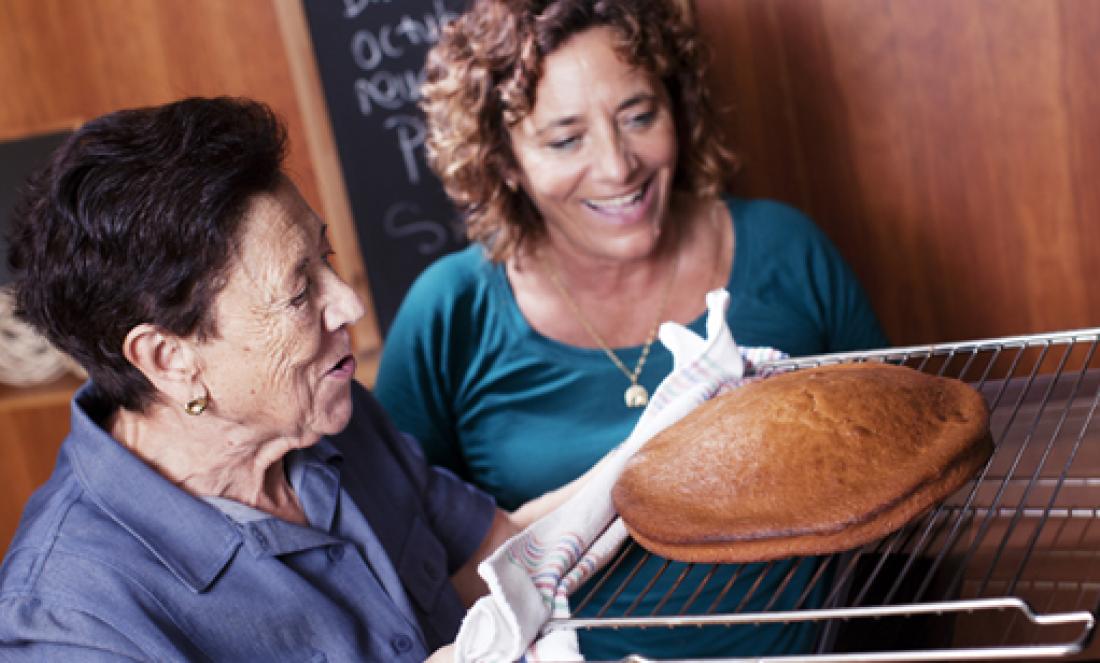
The role of the psychologist within Person-Centred Care
In the Person-Centred Care Model, we psychologists intervene mainly in two interdependent fields of action: the first is with the elderly to whom we provide our care; and the second with the reference professionals of each of them.
Knowing the Life History of each of the people we care for allows us to know their experiences, tastes, preferences and desires; and, together with the Care and Life Plan, we can offer comprehensive care to the person.
Through coaching, psychologists can advise reference professionals on important aspects such as self-motivation and teamwork, since initially, it is the psychologist's role to constantly motivate the group of reference professionals by seeking synergy within the team; once this has been done, it is important to teach them how to be self-motivated.
Teaching them psychological self-care is another important aspect, since by creating such a special bond between the elderly person and the professional of reference, it is inevitable that care situations arise in which the professional becomes emotionally involved more than in the traditional model; due to this, an important part of our work consists of teaching them how to handle these types of new emotions.
In short, the model of person-centred care must be applied not only to the elderly, but also to professionals and to all the people around them, since if the carer does not feel well, it is difficult to provide this to the person being cared for.
As far as behavioural disorders are concerned, -which are all those behavioural alterations that may or may not occur during the care experience and that, for one reason or another, may create a difficulty, risk or danger for both the person receiving care and the caregiver, or for third parties involved in the care-, being able to count on the professional of reference allows us to design much more detailed behavioural disorder management guidelines and to work, in a more effective way, on the constant redesign of these guidelines.
Furthermore, it is proving that by working on the day-to-day aspects and making life at the centre as similar as possible to life outside it, behavioural disorders are significantly reduced.
The psychologist, therefore, is a fundamental figure within the teamwork in the MACP, since through his intervention and professional advice, he facilitates the creation of new channels of communication and intervention between the elderly and the professionals of reference and supports the reduction of mood and behavioural disorders.

Add new comment